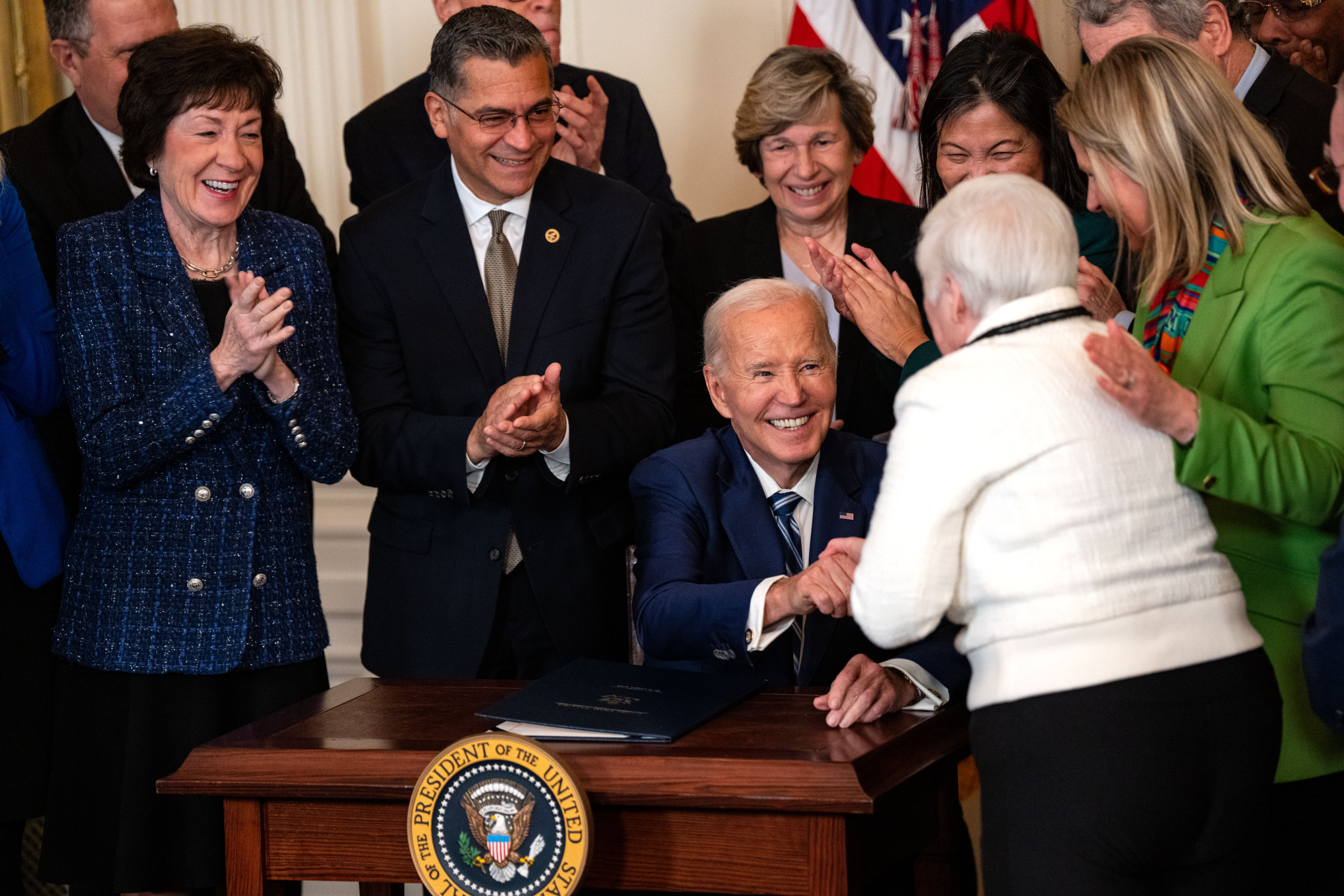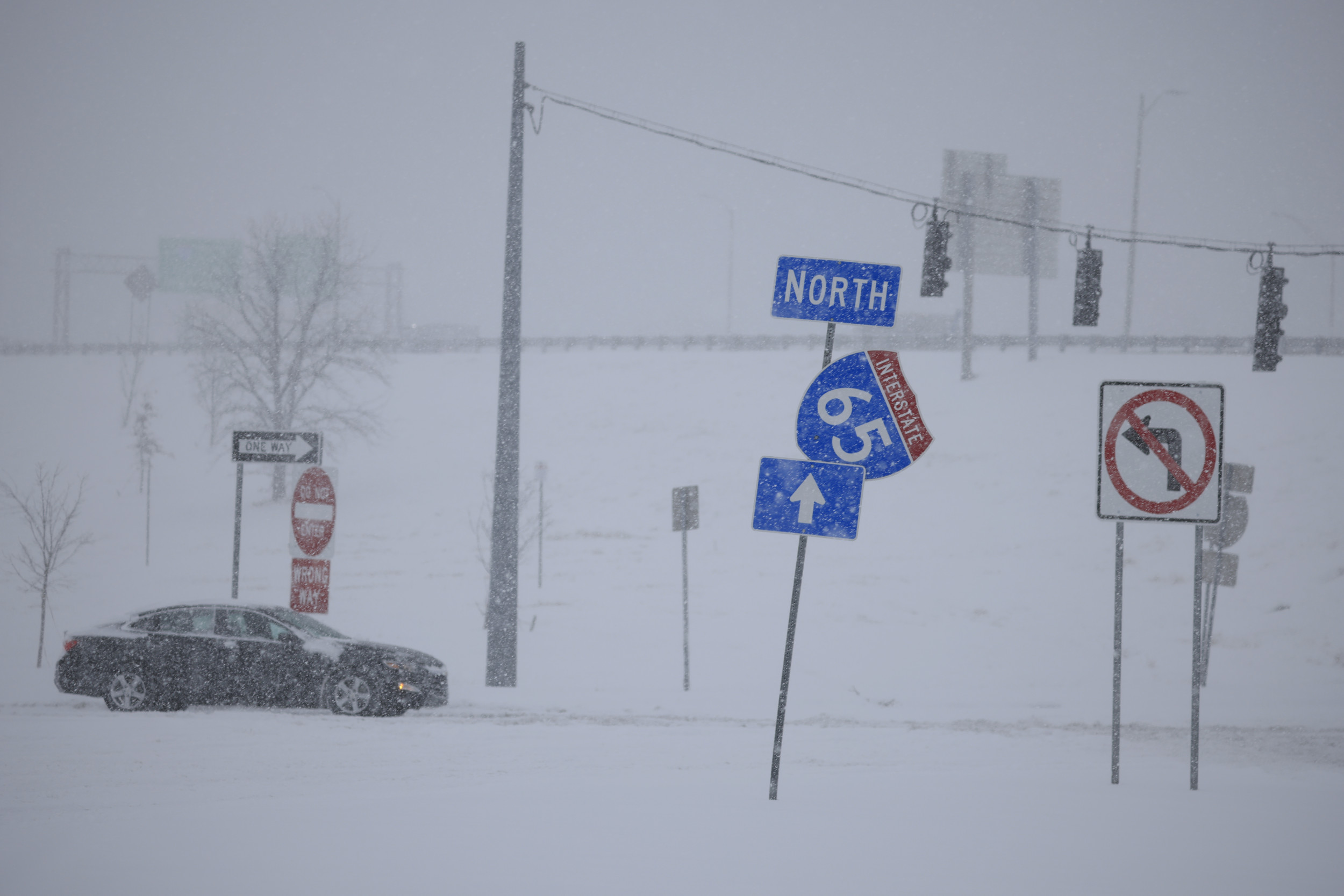The days following the 2024 election have seen a flurry of litigation, with lawsuits filed in several battleground states where margins of victory were especially narrow. Some suits focus on handling mail-in ballots, voter registration verification, and alleged technical malfunctions with voting machines. In a few instances, lawsuits have also questioned the legality of certain ballots counted past election night. This wave of lawsuits follows a pattern seen in recent election cycles.
In Arizona, the ACLU filed a petition to extend the state’s deadline for voters to fix issues with their mail-in ballots. Conversely, in Pennsylvania, attorneys filed a suit challenging the validity of undated mail-in ballots, contending that some were counted in violation of state law. Republicans in Georgia filed a lawsuit arguing that it was illegal for county election officials to accept mail ballots after early voting ended but before the close of the general election.
Each case has its own unique set of allegations and evidence, with varying levels of validity. Some legal experts caution that while a few cases may present legitimate grounds for review, others seem based on speculative claims.
Further, the American Bar Association (ABA) has cautioned attorneys about filing baseless lawsuits against state electoral ballot-counting facilities. The ABA stresses that attorneys must avoid using the legal system for unsupported claims that may create confusion and decrease public trust in elections.
While attorneys play a key role in addressing legitimate concerns over electoral integrity, the ABA warns that baseless lawsuits can strain court resources. Attorneys are urged to ensure that any election-related litigation is grounded in credible evidence to uphold ethical and legal standards. The ABA notes that filing meritless lawsuits can have severe repercussions as the lawyers involved may face disciplinary action or disbarment.
States and federal courts have increasingly responded to unsubstantiated election-related lawsuits by dismissing cases and, in some instances, imposing penalties on those who filed them. Judges have openly criticized cases that lack merit, warning that such actions can be costly to the state and potentially delay the certification of results. The next few weeks will determine the fate of many of these cases.

















:quality(85):upscale()/2024/04/24/878/n/3019466/36c5693c662965c5d1ce91.72473705_.jpg)


 English (US) ·
English (US) ·